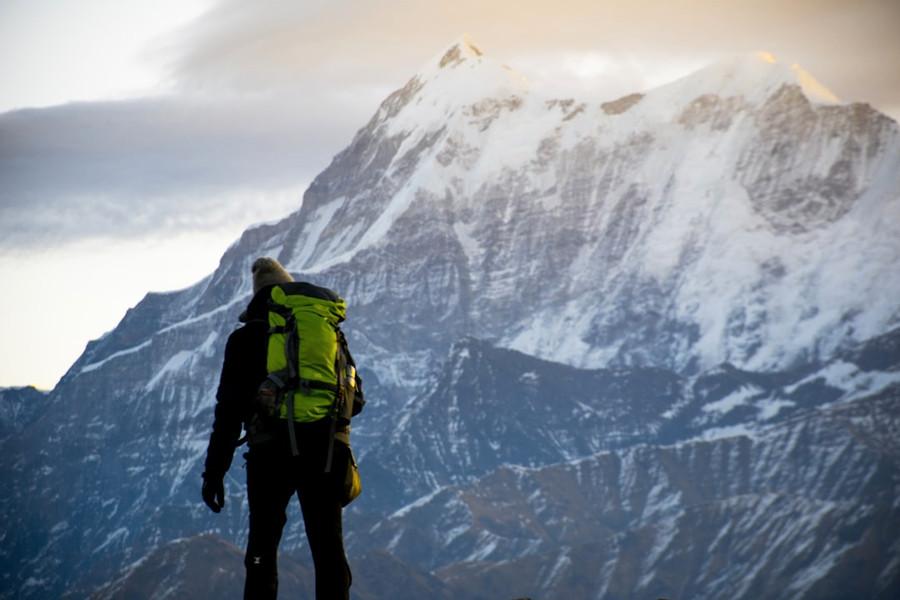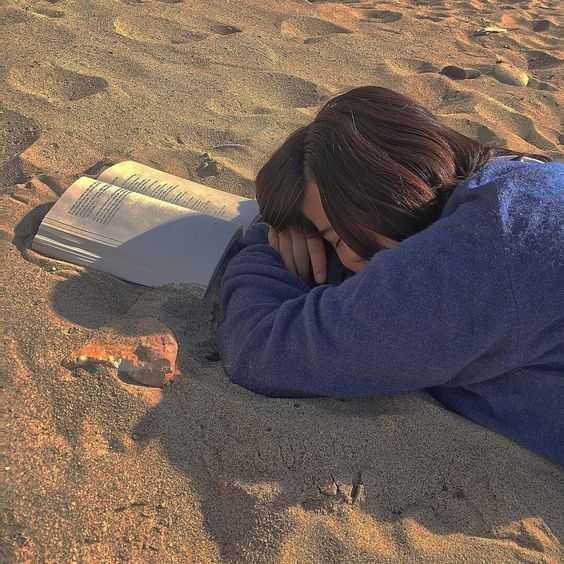Don't Burn Yourself Out
Don’t walk around aimlessly for hours on end. Always think through your strategy before wasting your energy. You really need to watch how much energy you exert if you don’t have a huge food supply.
When you need a break, then sit back, drink some water, eat something, get in your sleeping bag, and rest. Some hikers find it’s better to take catnaps throughout the day instead of sleeping all through the night. This is especially the case if you have trouble falling asleep in the woods after dusk.
20
235 reads
CURATED FROM
IDEAS CURATED BY
Would you know what to do if you get lost in the woods, mountains, or wilderness? Make sure to plan for the best, yet prepare for the worst with our practical survival guide.
“
The idea is part of this collection:
Learn more about personaldevelopment with this collection
Basic survival skills
How to prioritize needs in survival situations
How to adapt to extreme situations
Related collections
Similar ideas to Don't Burn Yourself Out
Don't sleep too late in the day
Improperly timed naps can interfere with your nighttime sleep, experts say. Don’t sleep too long or too late in the day, especially if you have trouble falling asleep at night.
#7: Do squats throughout the day
If you need a quick energy boost, do some squats throughout the day.
It's through movement that we generate more energy.
By doing a few squats, your muscles get activated, the heart starts pumping, and blood is flowing through your body.
You can do squats ...
Do a Mid-Day Check-in
A lot of people experience an energy-dip around lunchtime. That’s because we eat the wrong foods for lunch and our bodies need lots of energy to digest the meals we consume.
Try these things when you lack energy:
- Allow yourself to res...
Read & Learn
20x Faster
without
deepstash
with
deepstash
with
deepstash
Personalized microlearning
—
100+ Learning Journeys
—
Access to 200,000+ ideas
—
Access to the mobile app
—
Unlimited idea saving
—
—
Unlimited history
—
—
Unlimited listening to ideas
—
—
Downloading & offline access
—
—
Supercharge your mind with one idea per day
Enter your email and spend 1 minute every day to learn something new.
I agree to receive email updates



